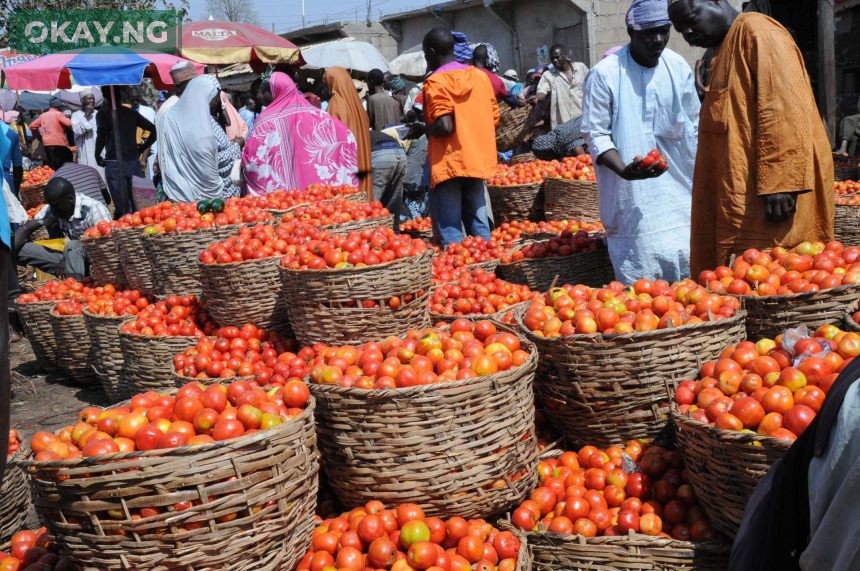The National Bureau of Statistics (NBS) has announced a decline in Nigeria’s inflation rate to 23.18 percent in February 2025, down from 24.48 percent recorded in January 2025.
The figure was revealed in the February 2025 Consumer Price Index (CPI) report published by the bureau on Monday.
According to the NBS, the headline inflation rate eased by 1.30 percentage points compared to the previous month’s figure.
“In February 2025, the headline inflation rate eased to 23.18% relative to the January 2025 headline inflation rate of 24.48%,” the bureau said.
“Looking at the movement, the February 2025 headline inflation rate showed a decrease of 1.30% compared to the January 2025 headline inflation rate.”
On a year-on-year basis, the report noted that the February headline inflation rate was 8.52 percentage points lower than the 31.70 percent recorded in February 2024.
“This shows that the headline inflation rate (year-on-year basis) decreased in February 2025 compared to the same month in the preceding year (i.e., February 2024), though with a different base year, November 2009 = 100,” the report added.
On a month-on-month basis, the headline inflation rate stood at 2.04 percent in February 2025, according to NBS.
Food Inflation Also Drops
The bureau also reported a decline in the food inflation rate, which stood at 23.51 percent on a year-on-year basis in February 2025, down from 26.08 percent in January 2025.
NBS highlighted that the figure was 14.41 percentage points lower than the 37.92 percent recorded in February 2024.
“The significant decline in the food inflation figure is technically due to the change in the base year,” NBS explained.
On a month-on-month basis, the food inflation rate in February 2025 was 1.67 percent.
The bureau attributed the decline to lower average prices of food items such as yam tubers, potatoes, soya beans, maize flour, cassava, and Bambara beans (dried).
The average annual rate of food inflation for the twelve months ending February 2025 was 34.74 percent, which is 4.67 percentage points higher than the 30.07 percent recorded in February 2024.
States with Highest and Lowest Food Inflation
In terms of year-on-year food inflation, Edo State recorded the highest rate at 33.59 percent, followed by Enugu at 30.72 percent and Sokoto at 30.19 percent.
Conversely, the states with the slowest rise in food inflation were Kaduna (15.45 percent), Akwa Ibom (15.53 percent), and Plateau (15.74 percent).
On a month-on-month basis, Sokoto topped the list with 11.98 percent, followed by Kogi (11.38 percent) and Edo (8.87 percent).
Meanwhile, Kaduna (-8.83 percent), Ondo (-4.78 percent), and Plateau (-3.73 percent) recorded month-on-month declines in food inflation.













